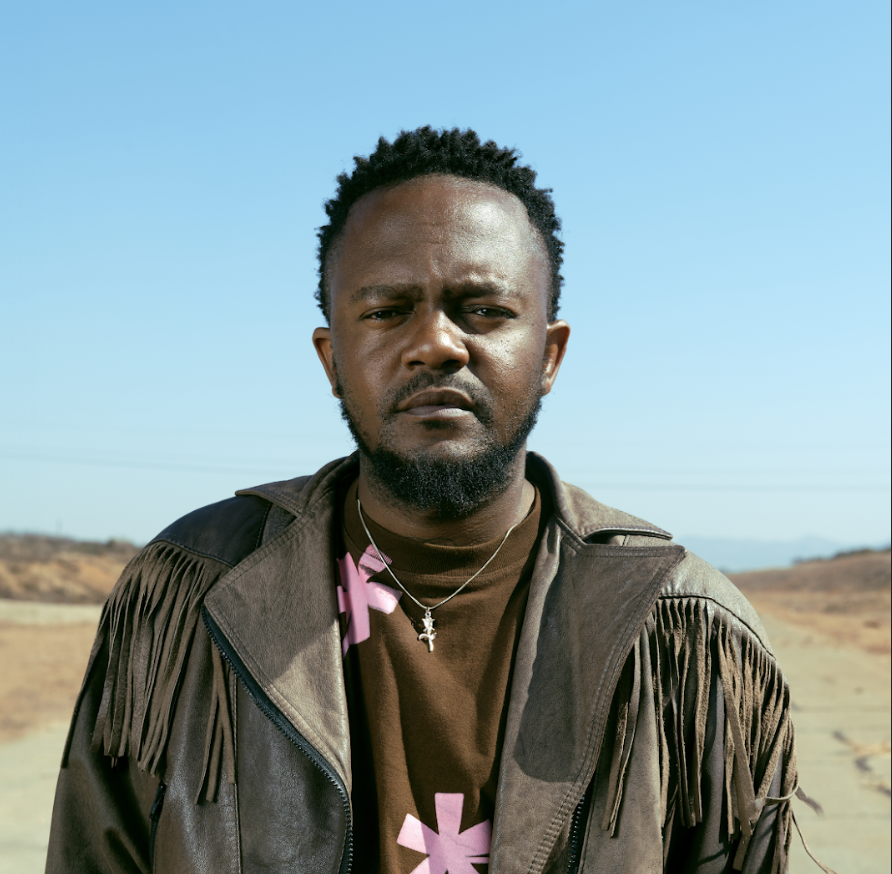Senzo Mfundo Vilakazi is known as the ‘big brother’ in the country’s hip hop scene. He sat down with FORBES AFRICA to discuss his anticipated sixth studio album, which is set to be released in May, and reflects on his journey and growth as an artist.
With a career that began at 15 years old and one born in his birthplace, Katlehong–a Gauteng township located in the south-east of Johannesburg–Senzo Mfundo Vilakazi believes that his latest album, titled ‘The Big Bro Theory’, allowed him to reflect on his journey.
“I wanted to make an album that was positive more than anything,” Vilakazi, known professionally as Kwesta, tells FORBES AFRICA.
“For the space of Hip-hop, the culture [of Hip-hop] is very competitive and everyone wants to be ‘dope’. Everyone wants to be called ‘dope’; and I had a fear of what if one day we lose enjoying this culture and this genre because we don’t enjoy the music anymore, where we just want to hear what this person came up with and call ‘dope’. So, I wanted to go against that and not fight for a spot [anymore] because Hip-hop is big on that.”
Although there seems to be an amplification of African music on the continent (and abroad), specifically with regards to Amapiano and Afrobeats, Hip-hop still plays an important role in the music scene in Africa.
Loading...
In 2023, when the reported 50th anniversary of hip-hop was celebrated, enthusiasts said, as per a CNN report, that although the birthplace of the genre is New York City in the U.S., “many believe the artistic foundation of the genre can be traced back to Africa”.
“Rap is fundamentally based on vocal styling, based on call-and-response, which is the foundation of all Black music,” Obi Asika, a Nigerian entrepreneur and record executive told CNN in 2023. “Music is embedded in the form and function of African society from day one because it is also tied to the metronome of our hearts.”
Vilakazi says that the African sound boom, particularly for Afrobeats and Amapiano, was long overdue and amazing to witness, especially as he sees more African representation on the global stage.
“And the question is, ‘how do I fit in?’ I don’t know; I think that’s for the people who watch and study culture and music and things like that. I’m a Hip-hop guy. I came up through Hip-hop. [It] was the music of choice for me, possibly because I’m a terrible singer, but generally, I’ve always ‘messed’ with Hip-hop, and I will always choose that. But in the end, it’s all the same people representing the same place.
“The Amapiano artist grew up just down the road from you and the Hip-hop artist maybe grew up just up the road. I’m just happy that there’s attention to African artists and African music… these are my neighbors.”
As the ‘grootman’ (big brother) in the industry, Vilakazi says he sees his role now, both musically and culturally, to remind artists, at the core, to care just about the music and not to “weaponize our music” but rather enjoy the craft.
“It’s a great weapon when used for unselfish reasons, it works perfectly, and it’s dope to spread a message,” he adds. “But I think when you use music as a weapon selfishly, then it’s not music.”
Loading...
